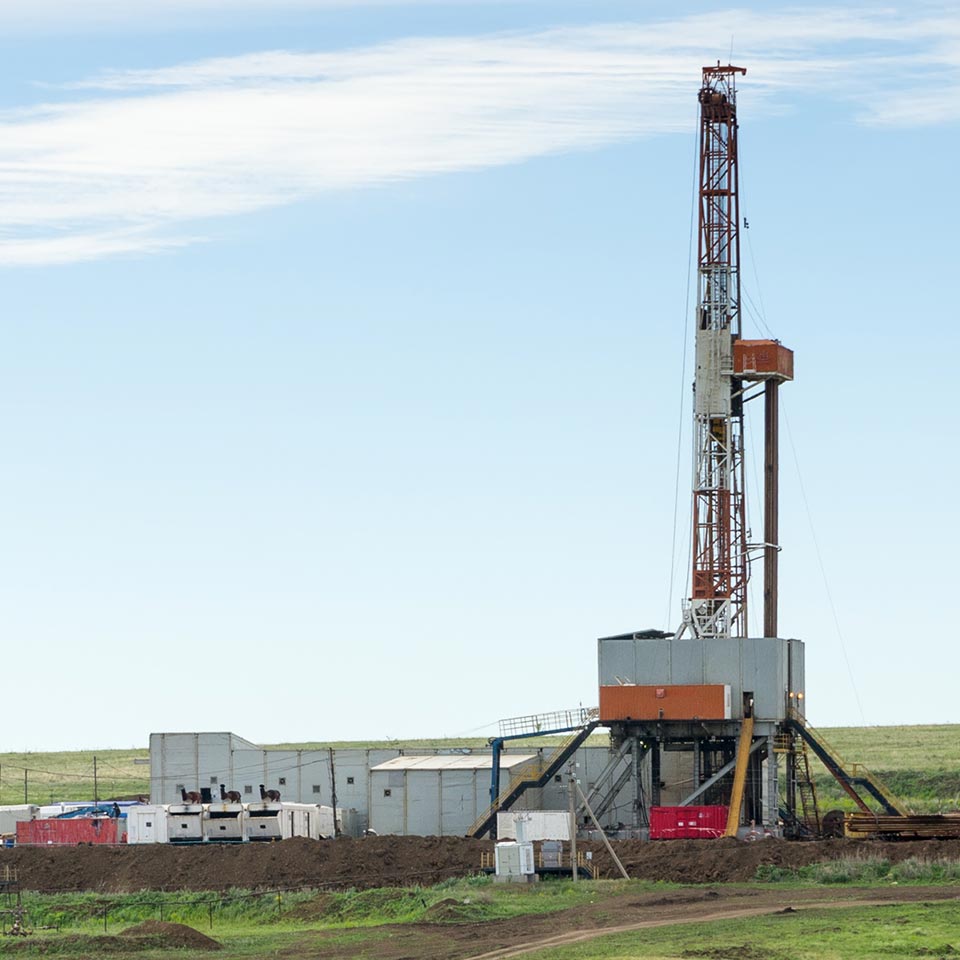
Grinding Proppants for Fracking
The Need for Proppants
The advent of horizontal drilling within the oil and gas industry has delivered record levels of natural gas production within the past 10 years, specifically through large shale beds found throughout the U.S.
Shale by nature is impermeable. Special horizontal drilling methods are used to create cracks through which the oil and gas can flow for collection. This method first drills vertically to reach a shale layer, turns sideways drilling horizontally through the layer and then places a pipe along the drilling hole. Small perforations are made within the pipe all along the route. At this point, a mix of water, chemicals and proppants are forced into the pipe and pushed through the holes in the pipe creating fractures in the shale bed.
These fractures allow a greater amount of oil and gas to escape; however, the shale layers would quickly close if not for the proppants used within these fracking mixtures. A proppant is a solid material that is chosen for its strength and particle shape, designed to keep a fracture open while the earth’s fluid is harvested.
Types and Uses of Proppants
The most common proppants used are generally grouped into three main categories: Sand, Resin Coated Sand, and Ceramic Proppants (a manufactured product).
Each of these proppants have unique characteristics, and their use depends on the well that is being fractured. A key element to the properties of these materials is the size and shape of the particles. Additionally, the desired particle size depends heavily upon the viscosity (the thickness of flow) of the fluid that is being used for the fracking.
Proppants used for fracking hold an important place in the production process. It’s imperative that the correct grinding machine is used for your proppants. Achieving efficient drilling production often relies on the size and quality of the proppant particles.
Attritor Grinders for Proppants
Our attritor grinders deliver optimal results for proppant grinding. Not only can our particle size reduction equipment provide both large and small particle sizes (down to the nano level), but their unique construction allows for savings in efficiency and operational costs.
We carry both wet grinding and dry grinding attritors, available as batch, circulation or continuous production mills. Click through to the following units to learn more about the best fit for your grinding needs:
- Wet Grinding Batch Production Mills
- Wet Grinding Circulation Production Mills
- Dry Grinding Batch or Continuous Production Mills
- Dry Grinding Continuous Production Mills